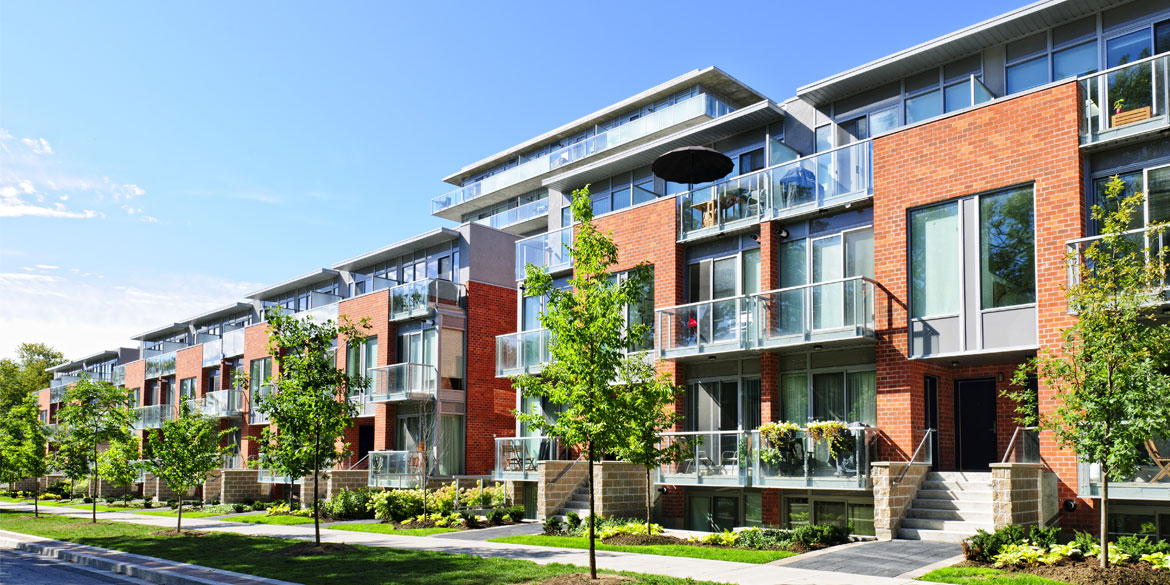
Leasehold is a form of property ownership normally used for flats. It is a long tenancy that provides the right to occupy the property for the term of the lease. Your lease will have been granted an initial term, typically either 99 or 125 years, which will have been shared with you upon purchase of the property. At the end of this term, the property will theoretically return to the freeholder unless the lease is extended.
Leaseholders should be aware that when the time remaining on a lease falls below 80 years, it gets much more expensive to extend. Under the 1993 Leasehold Reform Act, you are legally entitled to add 90 years to your lease at a fair market price. For this legislation to apply, you must have owned the flat for at least two years but you are not required to have lived in the property at any point.
The simple answer is that there is no better time than now. The process only becomes more expensive as the lease shortens however a significant milestone to note is when the lease falls below 80 years. Once this occurs the cost to extend incorporates something called ‘Marriage Value’ and this can increase the premium substantially. All leaseholders should be wary of this event and ensure action is taken well in advance.
Flats with shorter leases can be significantly less valuable assets. Depending on how long is left on the lease, it is more difficult to sell and harder to secure a mortgage due to their reduced value.
Most lenders require at least 70-75 years remaining, with some requiring in excess of 85. This will affect you, as a leaseholder if you are looking to sell you property. If the lease has reduced in length below 70-80 years, you are restricting the market to cash buyers, those who do not require a mortgage, and will likely require a discount on the sale price from your expectations of what the property is worth to allow for the cost of extending the lease themselves.
The cost to extend your lease will vary depending on the existing lease length, the ground rent provision and the flat’s value. You will also be liable for the freeholder’s solicitor’s fees and their surveyor’s fee for an initial valuation.
The premium can vary considerably. For instance a £200,000 flat with a 90 year lease in place could cost £4,000-£6,000 to extend whereas the same flat with a 50 year lease in place could cost £35,000+ and you will still be liable for the additional fees listed above on top!
Extending your lease in a timely manner will not only add value to your property, save you thousands of pounds but will provide you with peace of mind that your asset is not diminishing. You should also ensure that when you are aware of the lease terms when purchasing any properties.
Extending your lease can be a complex process so ensuring you have the right legal and valuation advice is imperative. We have an experienced team of RICS registered valuers specialising in valuations for lease extensions who operate throughout London, Buckinghamshire, Berkshire, Surrey, Hampshire, Oxfordshire and Hertfordshire.